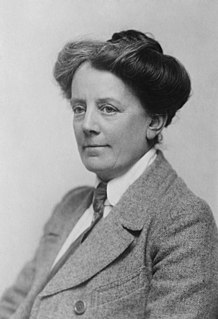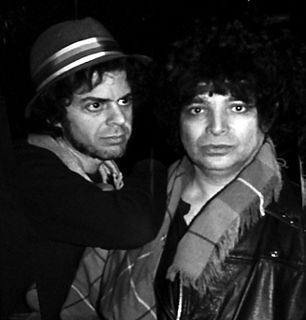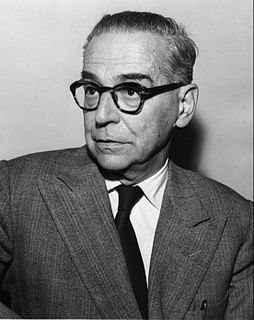A Quote by Ethel Smyth
No doubt other writers have often put a thing more brilliantly, more subtly than even a very cunning artist in words can hope to emulate, a supreme phrase being a bit of luck that only happens now and then. And inasmuch as the condiments and secret travail of human nature are always the same, and that certain psychological moments must ever and ever recur, what more tempting than to pin down such a moment with the blow of a borrowed hammer?
Quote Topics
Always
Artist
Being
Bit
Blow
Borrowed
Certain
Condiments
Cunning
Doubt
Down
Emulate
Even
Ever
Hammer
Happens
Hope
Human
Human Nature
Luck
Moment
Moments
More
Must
Nature
No Doubt
Now
Now And Then
Often
Only
Other
Phrase
Pin
Psychological
Put
Same
Secret
Supreme
Tempting
Than
Then
Thing
Very
Words
Writers
Related Quotes
On the surface it seems that the present moment is only one of many, many moments. Each day of your life appears to consist of thousands of moments where different things happen. Yet if you look more deeply, is there not only one moment, ever? Is life ever not this moment? This one moment, now, is the only thing you can never escape from. The one constant factor in your life. No matter what happens. No matter how much your life changes. One thing is certain. Its always now. Since there is no escape from the now, why not welcome it, become friendly with it.
To be sure, not all moments are equally fleeting. Some moments last longer than others. And certain events do reoccur more than once and even recur repeatedly. Sometimes you do get more than one chance. Sometimes you don't. It helps to know how long a window of opportunity you have and if you'll get another chance.
Hope. People want hope. We crave hope. We long for hope. Hope has been present since the very beginning. And almost in the worst situations of human history, you often find the greatest amount of hope. The very nature of the situation, the way stepped-on people created within them even more hope than when things were going fine. Hope has always been around.
There are not more than five musical notes, yet the combinations of these five give rise to more melodies than can ever be heard.There are not more than five primary colors, yet in combination they produce more hues than can ever been seen.There are not more than five cardinal tastes, yet combinations of them yield more flavors than can ever be tasted.
That odd capacity for destitution, as if by nature we ought to have so much more than nature gives us. As if we are shockingly unclothed when we lack the complacencies of ordinary life. In destitution, even of feeling or purpose, a human being is more hauntingly human and vulnerable to kindnesses because there is the sense that things should be otherwise, and then the thought of what is wanting and what alleviation would be, and how the soul could be put at ease, restored. At home. But the soul finds its own home if it ever has a home at all.
When the artist is truly the servant of the work, the work is better than the artist; Shakespeare knew how to listen to his work, and so he often wrote better than he could write; Bach composed more deeply, more truly than he knew, Rembrandt's brush put more of the human spirit on canvas than Rembrandt could comprehend. When the work takes over, then the artist is enabled to get out of the way, not to interfere. When the work takes over, then the artist listens.
Fiction is very greedy. It will take all you know and then some. The first novel I tried to write, I was struck by this - the appetite of the blank page for ever more information, ever more data. An empty book is a greedy thing. You are right: You wind up using everything you know, and often more than once.
Of everything that man erects and builds in his urge for living nothing is in my eyes better and more valuable than bridges. They are more important than houses, more sacred than shrines. Belonging to everyone and being equal to everyone, useful, always built with a sense, on the spot where most human needs are crossing, they are more durable than other buildings and they do not serve for anything secret or bad.
Yet still, there are those special secret moments in our lives, when we smile unexpectedly-when all our forces are resolved. A woman can often see these moments in us, better than a man, better than we ourselves, even. When we know these moments, when we smile, when we are not on guard at all-these are the moments when our most important forces show themselves; whatever it is you are doing at such a moment, hold on to it, repeat it-for that certain smile is the best knowledge that we ever have of what our hidden forces are, and where they lie, and how they can be loosed.








































